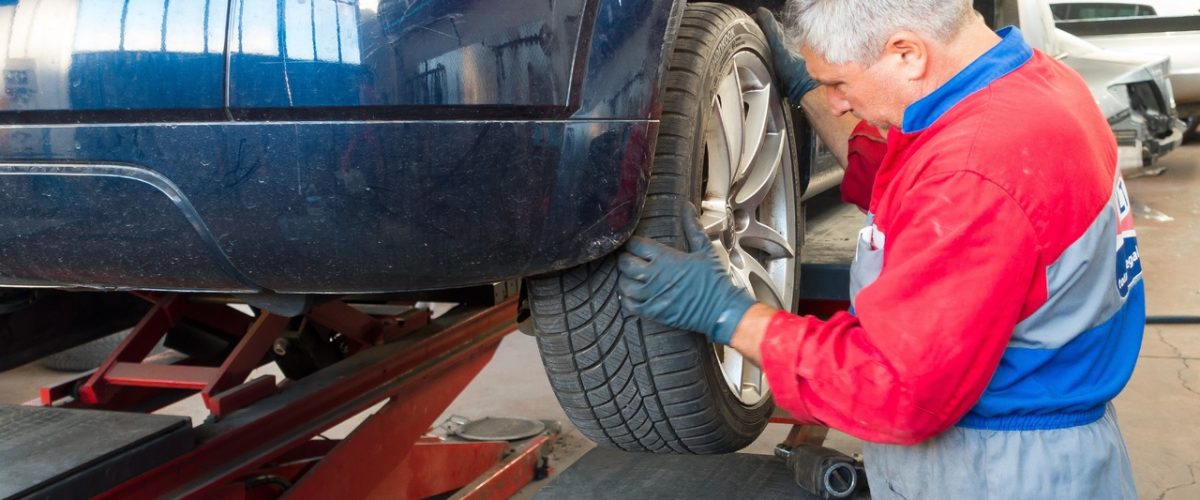By Vuyi Mpofu
When defining my love for all things motoring, I often call myself ‘my father’s spanner boy’ because, the only time I could spend any real time with him, was under the bonnet of a car.
– Vuyi Mpofu, Founding Editor, Heels & Horsepower Magazine
I’d say I grew up under the bonnet of a car thanks to my passion for motoring and my father’s mechanical aspirations. In fact, when defining my love for all things motoring, I often describe myself as my father’s spanner boy because; the only time I could spend time with him was, under the bonnet of whichever car he was tinkering on at the time.

Naturally, I acquired a lot of mechanical knowledge and experience; however, I grow up in an era that didn’t entertain the notion of a female with greasy fingernails. Maybe I’ll tell you all about that in a different article but for now, let me share some wisdom assimilated over years from my interactions with car technicians from yesteryear till date.
Car technicians have to put up with a lot from car owners but contrary to popular belief car technicians are on your side. They want to ensure that your ride brings you many safe kilometres and that it is strong and healthy. In order for this to happen, car technicians wish you knew things that kept your car in good running order (and make their jobs easier in the process).

Here are just 5 things I’ve learned honest technicians wish you knew.
- Don’t ignore warning lights, unusual noises and odd smells
Strange sounds, unusual odours and colorful lights on your dashboard are all tell-tale signs that your car needs immediate attention.
- Lights on the dashboard are usually the first indication of a problem within your car and come on before the problem becomes worse.
- A screeching sound could indicate anything from loose pulleys in the engine to problems within the exhaust system or shock absorbers, (to mention a few issues).
- A grinding sound could indicate an issue with the brakes while a continuous ticking sound could be a sign that the main bearings in the engine block are worn. Burning smells are a big point of concern and could be an indication of fluid leaks, an overheating engine, or worse, that your engine could be on the brink of bursting into flames.
Should you notice anything unusual about your car, take it to a qualified technician immediately. They will diagnose and rectify problems as they develop, saving you money and keeping you safe in the process.
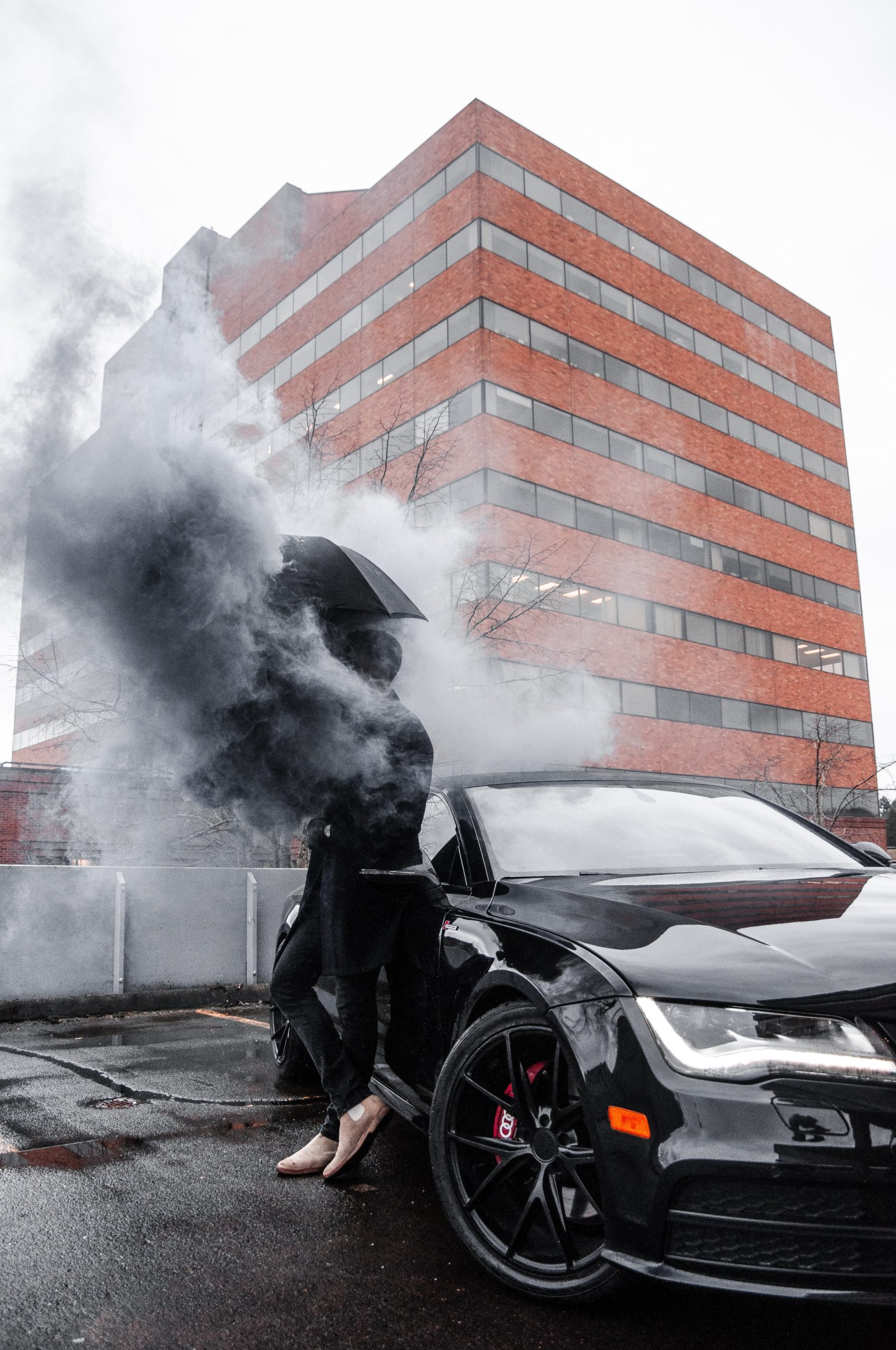
2. Your driving style affects wear and tear on your car
Many motorists think they are good drivers either because they haven’t been involved in a serious accident or because they know the basics, such as clutching in all the way before changing gears.
However, there are many things that motorists reflexively do that fast-tracks wear and tear on some car parts. One such common bad habit is accelerating harshly, which harms the car’s transmission, the other being habitually slamming on the brakes.

3. Stop doing DIY projects
Taking your car to a technician is similar to going to the doctor. While you would be able to give your doctor a description of what is ailing you, you are not qualified to prescribe yourself with a course of treatment. Similarly, you should be able to express various concerns you have noticed to your technician, but remember that you are not a technician.
Just as your doctor has received training from a reputable medical institution, car technicians undergo extensive education on the intricacies of motor vehicles.
You should trust your technician as much as you trust your doctor, but if you find that you don’t then it’s time to find a new technician.
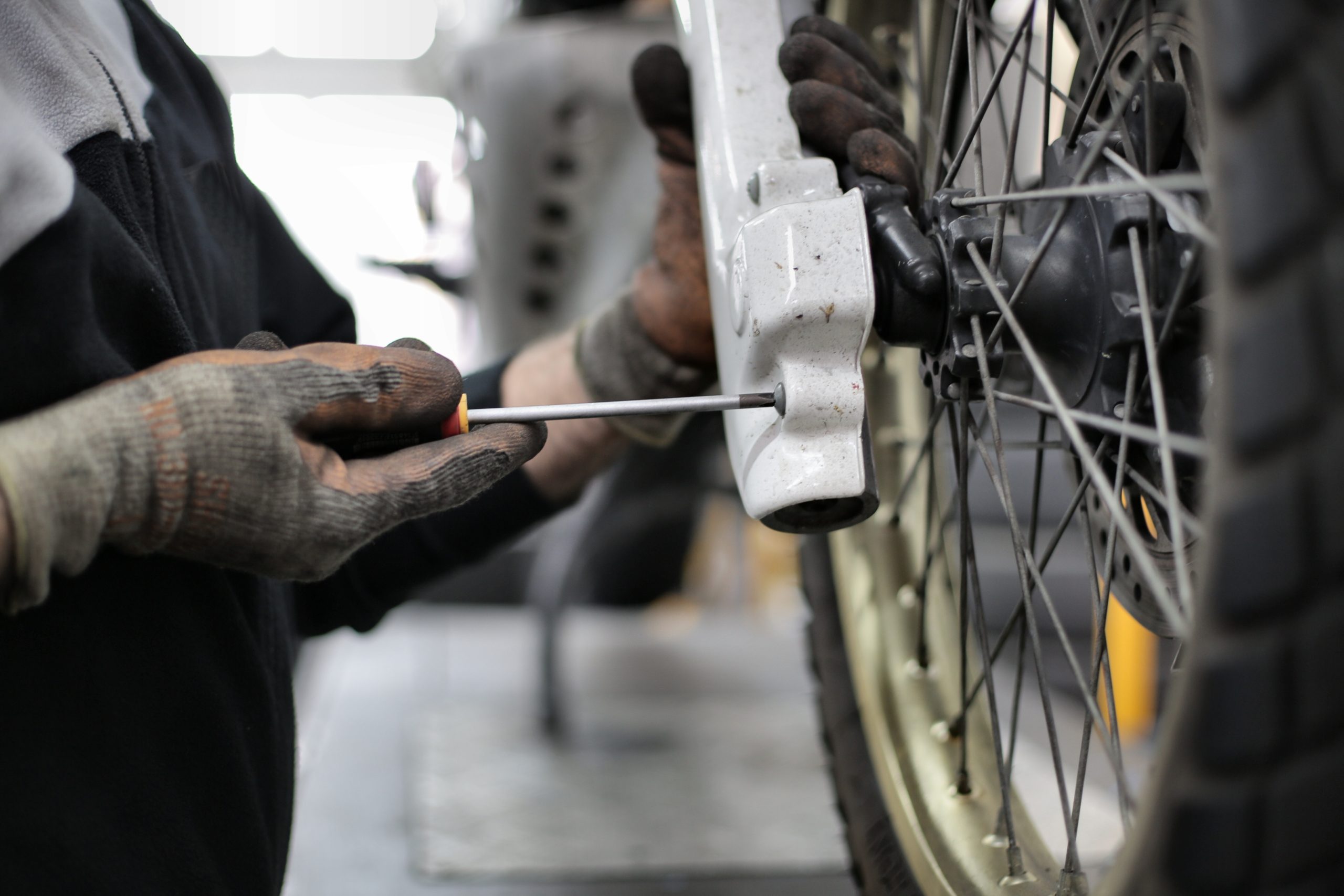
4. It’s best to drive with at least half a tank of fuel at all times
Continually driving with your car on an empty mark results in fuel being drawn from the very bottom of your fuel tank, which is where all the sediments in the fuel settles. Apart from reducing the amount of quality fuel getting into your engine, a limited amount of fuel causes your car to splutter or stall.
Drawing fuel from the bottom of the tank in an attempt to suck in the last remnants of fuel, results in a clogged fuel filter damaged fuel pump and contaminates building up in the fuel injectors. At worst, particles could get into the engine, the consequence of which would be an uncomfortably high repair bill.
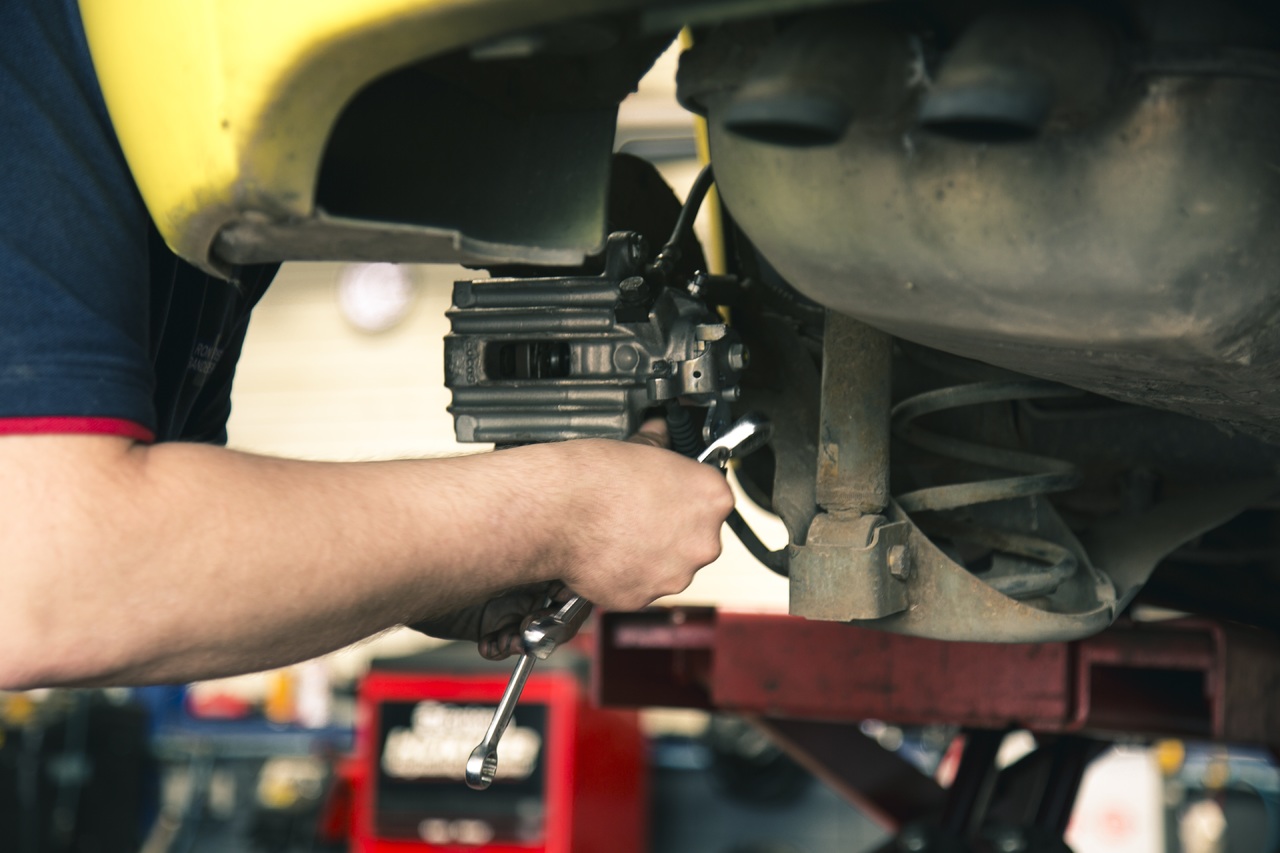
5. Arm yourself with basic knowledge
Saying my car just died is not helpful, proving that the adage ‘ignorance is bliss’ does not apply to cars. Lack of knowledge of the basics about your car’s functionality could prove frustrating and expensive.
I’m not suggesting that you take up motoring engineering rather you do need to possess elementary knowledge of:
- How an internal combustion engine works: Small, controlled explosions in different chambers within the engine create a force that is transferred to the wheels.
- What the transmission does: Transfers motion from the engine to the wheels.
- How brakes function: Slow down the car using friction, and that the brakes are powered by a hydraulic system that uses (brake) fluid driven by your brake pedal.
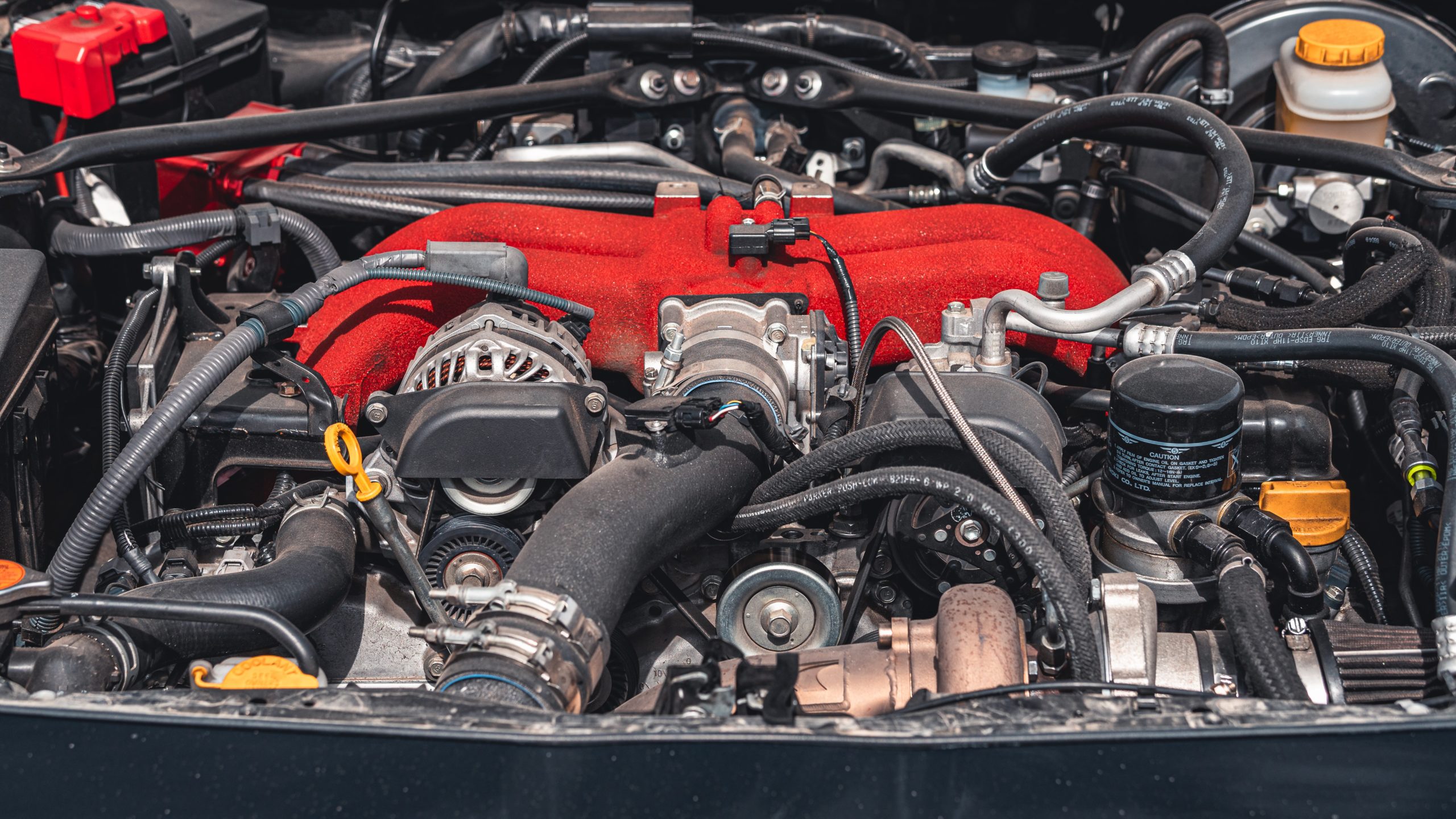
The reason that it is important for you to know the basics of motor vehicles is, at a minimum, two-fold:
- It gives you a better understanding of how your car operates thereby reducing abuse
- It makes it easier for you to troubleshoot problems. Best of all, knowing the basics puts you in a good position to hold a fairly intelligent conversation with your technician.
Also, just imagine the admiration you’ll get when you cleverly weave this basic knowledge into a conversation at the next braai you attend!
